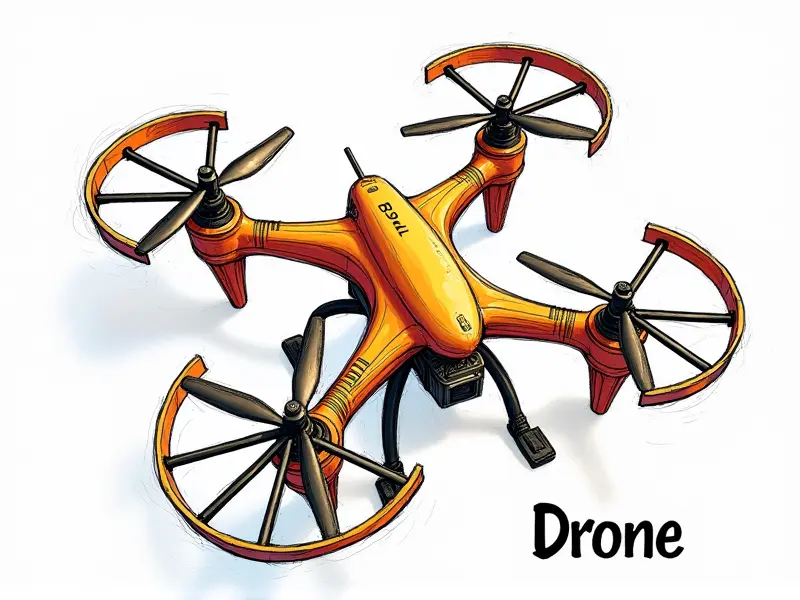Do Li-Po batteries get hot?

Do Li-Po Batteries Heat Up During Flight?
Lithium Polymer (Li-Po) batteries are commonly used in RC aircraft due to their high energy density and lightweight nature. However, many users wonder if these batteries heat up during flight and whether this is a cause for concern.
Why Do RC Li-Po Batteries Get Hot?
The primary reason Li-Po batteries get hot during use is the chemical reactions that occur within them. As an RC aircraft draws power from the battery, internal resistance generates heat. This process is normal and expected but should not exceed a certain threshold to ensure safety.
Is It Normal for Li-Po Batteries to Feel Warm?
It's entirely normal for Li-Po batteries to feel warm after use or during intense discharge cycles. However, they should never become excessively hot to the touch. A slight warmth indicates that the battery is functioning as intended.
Safe Temperature Range for Li-Po Batteries
The safe operating temperature range for most Li-Po batteries is between 0°C and 45°C (32°F - 113°F). Operating within this range ensures optimal performance and longevity of the battery. Temperatures outside this range can lead to reduced capacity, shortened lifespan, or even catastrophic failure.
Signs Your Li-Po Battery is Too Hot
- Battery Swelling: If a Li-Po battery swells, it's a clear sign of overheating and potential internal damage. This can be dangerous as the swollen cell may rupture.
- Unusual Odor: A strong chemical smell or burning odor indicates that the battery is overheating severely and could pose a fire risk.
- Inconsistent Performance: If your RC aircraft experiences sudden drops in performance, it might be due to an overheated Li-Po battery.
Impact of Heat on Li-Po Battery Lifespan
Prolonged exposure to high temperatures can significantly reduce the lifespan and overall capacity of a Li-Po battery. High heat accelerates chemical reactions inside the battery, leading to faster degradation of its internal components.
Best Practices to Keep Li-Po Batteries Cool
- Airflow: Ensure proper airflow around your RC aircraft and batteries during operation to facilitate cooling.
- Battery Management System (BMS): Use a BMS that monitors temperature and cuts off power if the battery gets too hot.
- Proper Storage: Store Li-Po batteries in a cool, dry place away from direct sunlight when not in use.
Cooling Solutions for Overheating Li-Po Batteries
To prevent overheating, consider using cooling solutions such as heat sinks or active cooling systems. These can help maintain optimal operating temperatures and extend the battery's lifespan.
How to Prevent Overheating in RC Li-Po Batteries
- Select Appropriate C-Rating: Choose a battery with an appropriate discharge rate (C-rating) for your specific application. A higher C-rate can lead to more heat generation.
- Battery Capacity: Opt for batteries with sufficient capacity to handle the power demands of your RC aircraft without overworking them.
Risks of Using Overheated Li-Po Batteries
Using overheated Li-Po batteries can lead to serious risks, including fire hazards and potential damage to other components in your RC setup. It's crucial to monitor battery temperatures closely and take preventive measures.
Understanding Temperature Risks with Li-Po Batteries
High temperatures not only reduce the lifespan of a Li-Po battery but also increase the risk of thermal runaway, where the battery can catch fire or explode. Understanding these risks is essential for safe operation and maintenance.
Conclusion
In summary, while it's normal for Li-Po batteries to feel warm during use, they should never become excessively hot. By adhering to best practices such as proper airflow, selecting the right battery capacity, and using a BMS, you can ensure your Li-Po batteries remain within their safe operating temperature range. This not only enhances safety but also prolongs the lifespan of your RC equipment.

